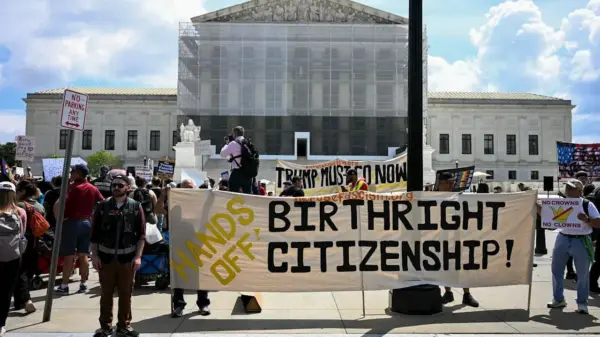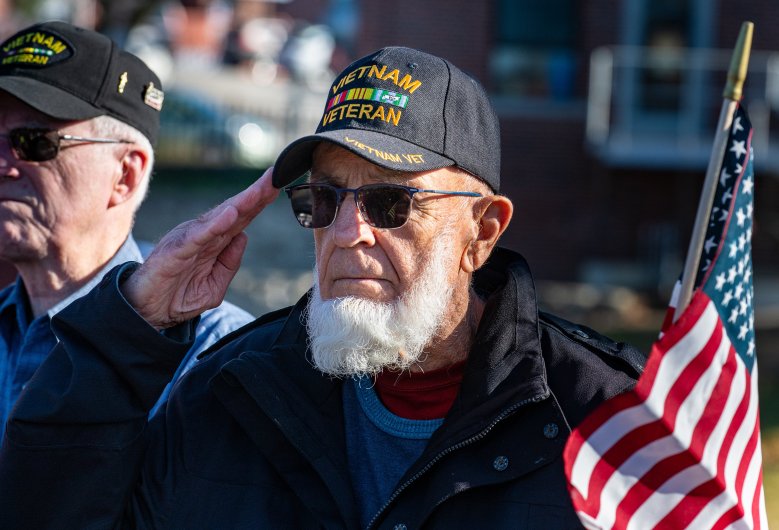Maine veterans are being called upon to express their concerns regarding the direction of government policies that impact their rights and well-being. This call to action emphasizes the responsibility of those who have served to voice their opinions when they believe the government is deviating from the principles that underpin their service.
The sentiment growing among veterans reflects a broader frustration with the current state of the United States government. Many veterans feel a lack of representation in discussions that directly affect their lives, particularly regarding benefits and support systems. Advocates are urging veterans to engage with local representatives and push for changes that align with the core values they fought to protect.
Importance of Advocacy
Engagement in advocacy is crucial for veterans, especially as the nation approaches the 2024 elections. With critical decisions regarding Veterans Affairs on the horizon, veterans must ensure their voices are heard. Advocacy groups are mobilizing to provide resources that help veterans articulate their needs and concerns effectively.
According to a report from the National Veterans Organizations, many veterans report feeling disconnected from the political process. This disconnection can lead to inadequate attention to issues such as healthcare access, housing stability, and mental health support. Engaging in advocacy allows veterans to reclaim ownership of their narratives and influence the legislative landscape.
Veterans have unique insights and experiences that are invaluable in shaping policies that serve them best. By participating in town hall meetings, contacting congressional representatives, and collaborating with advocacy organizations, they can make a significant impact.
Steps for Engagement
Maine veterans are encouraged to take specific steps to amplify their voices. First, they should familiarize themselves with local and national issues affecting their community. Understanding the intricacies of legislation, such as proposed changes to Veterans Affairs funding or new healthcare initiatives, is essential.
Joining local veterans’ groups can also provide a platform for collective action. These organizations often have established connections with lawmakers and can facilitate meetings to discuss pressing concerns. Additionally, veterans can utilize social media to raise awareness and connect with broader advocacy efforts.
The power of collective voices can lead to substantive change. By working together, veterans can ensure that their experiences and needs are prioritized in policy discussions. The military ethos of service and sacrifice should translate into civic engagement, reinforcing the values of democracy that are central to the American ideal.
In conclusion, Maine veterans are urged to step forward, articulate their concerns, and engage in advocacy. This is not only a right but a responsibility that honors their service and protects the future of fellow veterans. Through active participation, they can help to ensure that government actions reflect the principles for which they fought, ultimately strengthening the fabric of their communities and the nation as a whole.





































































